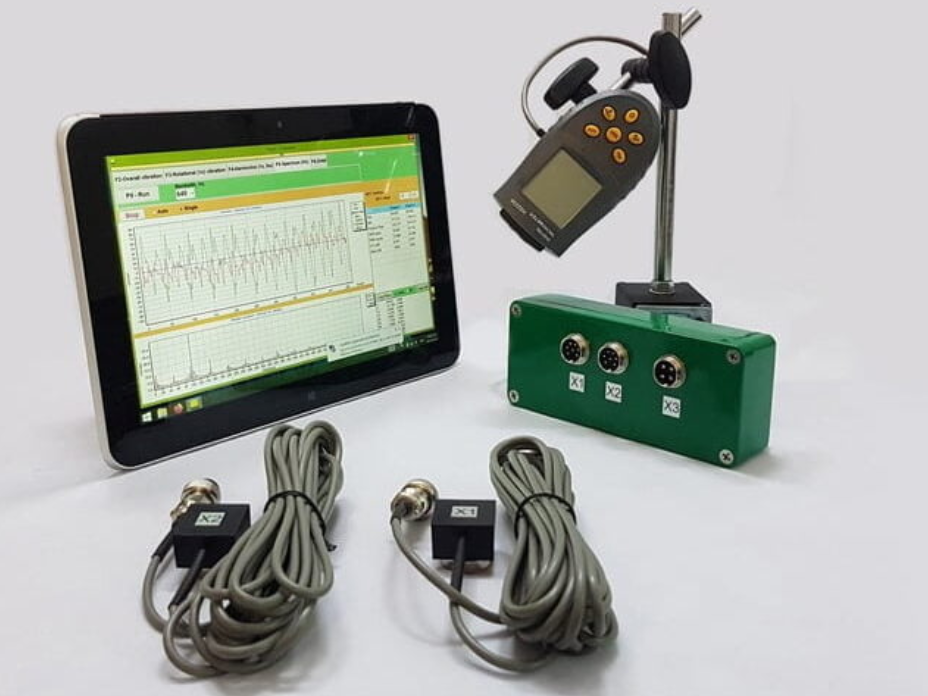China’s top court takes aim at ‘996’ working culture in blow to tech groups

Chinese politics & policy updates
Sign up to myFT Daily Digest to be the first to know about Chinese politics & policy news.
Beijing’s top court has fired a warning shot over excessive working hours at Chinese companies, in authorities’ latest salvo in a sweeping regulatory crackdown on the country’s biggest technology groups.
China’s Supreme People’s Court and the Ministry of Human Resources and Social Security on Friday jointly issued a set of new “model” cases that will guide courts on how to treat workers’ rights in labour disputes, while warning companies over abuse.
The strengthening of labour rights came after years of dissent among technology sector workers over the so-called 996 labour system, in which employees are expected to work from 9am-9pm, six days a week.
An anti-996 campaign, which has targeted internet groups Alibaba, JD.com, Pinduoduo, ByteDance and others, has gathered steam amid complaints of gruelling conditions and deaths blamed on overwork.
The latest legal guidelines also came against a backdrop of mounting pressure on China’s tech companies.
The wide-ranging crackdown, which began in November with the suspension of the planned $37bn initial public offering of billionaire Jack Ma’s fintech company Ant Group, has included a record antitrust fine for Ma’s Alibaba, a security probe at ride-hailing app Didi Chuxing, devastating restrictions on the private tutoring industry and calls for wealth redistribution.
Ernan Cui, a China consumer analyst with Gavekal Dragonomics, said the pressures applied to the tech sector were part of longer-term reform priorities under President Xi Jinping, including pursuing “common prosperity” by combating inequality and social division.
The crackdown “is not going to be a one-off campaign that relaxes after a few months. Rather, a new regulatory environment is being created, one that will impose more limits on internet firms’ growth and profitability, and increase state control”, Cui wrote in a research note.
She added: “Regulatory initiatives driven by common prosperity also look likely to raise operating costs, with the labour ministry now enforcing higher standards for gig-economy workers like delivery drivers.”
Susan Finder, a leading scholar on China’s judicial system at Peking University’s School of Transnational Law in Shenzhen, said Friday’s statement also illustrated how the SPC has increasingly issued model cases to guide lower court decisions.
China’s legal system is based on statutes rather than case precedent. But there is a trend, driven by rapid social and economic changes, to use precedents to supplement the law, and for SPC judicial interpretations to seek to improve the consistency of judgments across the thousands of lower-level courts.
The cases are also intended to harmonise the views of labour arbitration commissions and courts on these issues. While model cases are not original court decisions, they have been disseminated to warn employers, clarify workers’ rights and standardise procedures for labour arbitration and litigation, she said.
“These are model, or exemplary, cases — not as binding as the ‘guiding cases’ — but these will guide the courts and labour arbitration commissions in a timely manner,” said Finder.
Additional reporting by Sherry Fei Ju in Beijing
#techAsia weekly newsletter
Your crucial guide to the billions being made and lost in the world of Asia Tech. A curated menu of exclusive news, crisp analysis, smart data and the latest tech buzz from the FT and Nikkei








